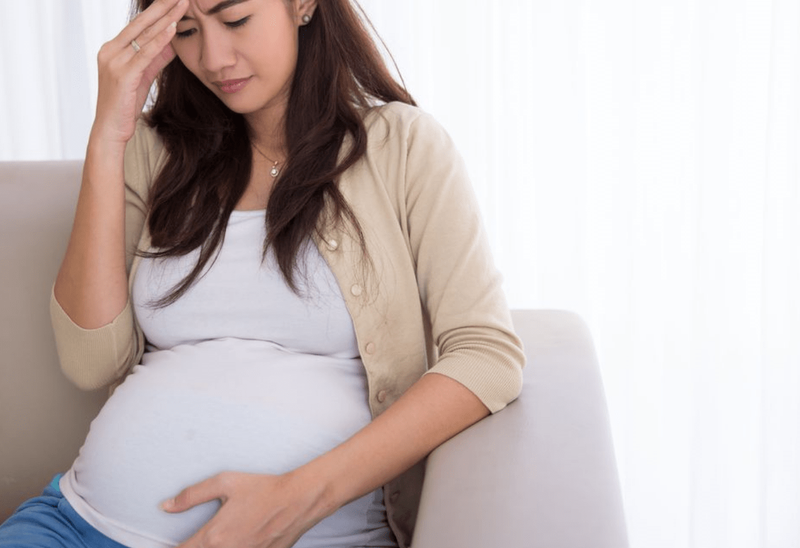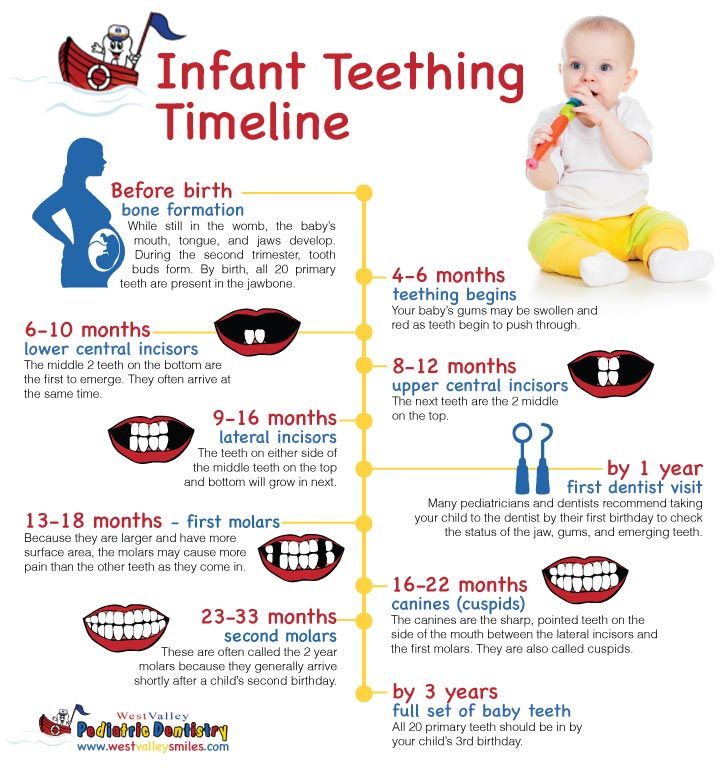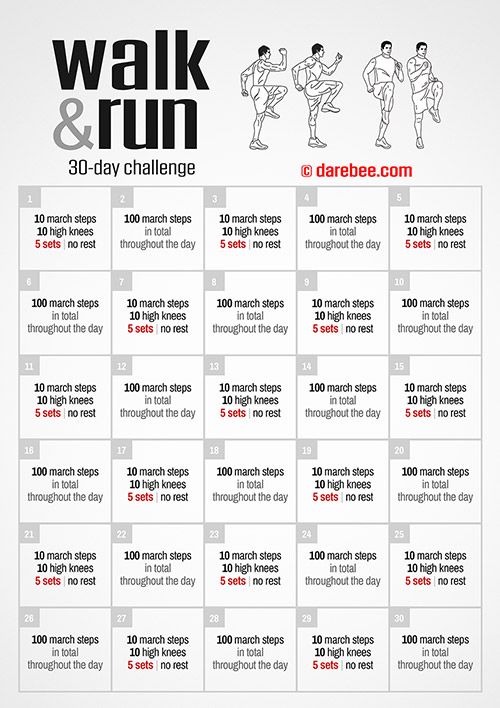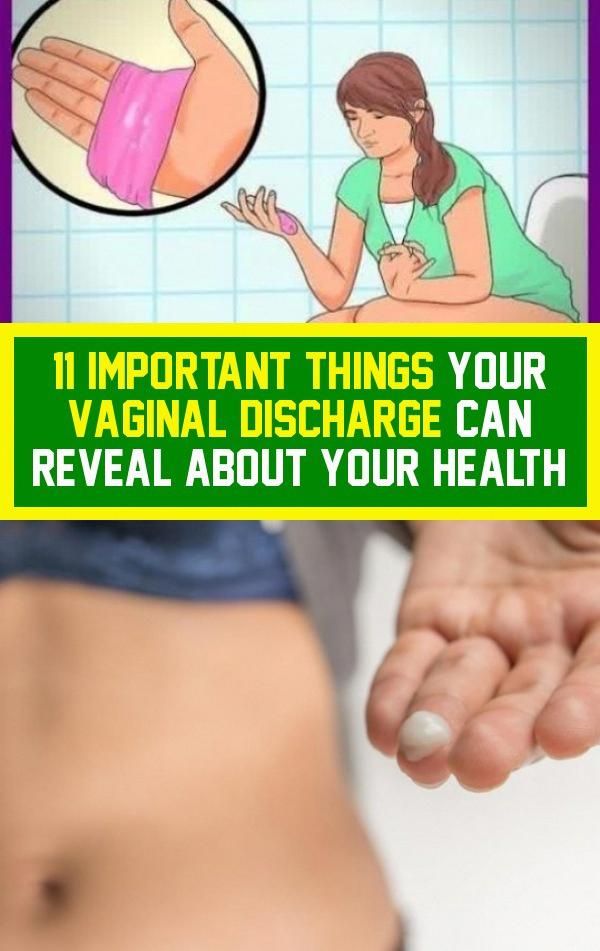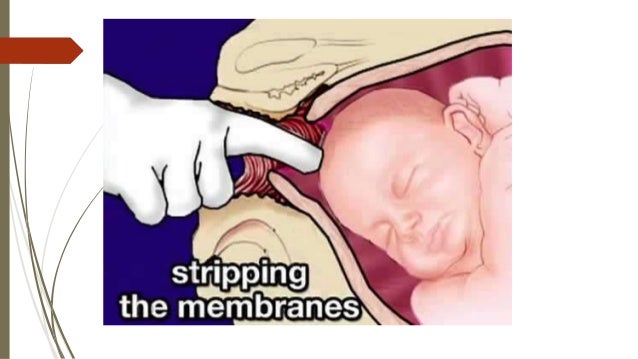Fasting during pregnancy
Religious fasting – pregnancy and breastfeeding
Fasting is a feature of many of the world’s religions, such as Islam, Christianity and Judaism. It’s been practised for many generations, including during pregnancy and breastfeeding.
Religions that promote fasting have rules to ensure you fast safely during pregnancy and breastfeeding. Australian health authorities also have helpful guidelines regarding how to fast safely.
What is fasting?
Fasting is when you don’t eat or drink anything for a certain period of time. Depending on your religion, it may be for certain days of the year or for a whole month.
Which religions require fasting, and for how long?
The Islamic religion requires every healthy adult to fast from sunrise to sunset during the 9th month of the year, known as Ramadan. As the month of Ramadan is set by the lunar calendar, the solar (Gregorian) date will change from year to year. The length of the fast varies between 11 and 19 hours each day, depending on whether Ramadan happens in the winter or summer.
Judaism has several major and minor fast days, and the most strictly observed is an almost 25-hour fast called Yom Kippur. Eating and drinking is forbidden from sundown on the eve of Yom Kippur, until the next sundown.
Christians usually fast on Ash Wednesday and Good Friday and usually don’t consume meat on any Friday of the year. When you are fasting, you are allowed one full-size meal during the 24-hour period and 2 smaller snacks throughout the day.
During the 6-week period of Lent, many Christians abstain from a luxury or certain food of their choice.
Is religious fasting still mandatory for pregnant women?
A Muslim woman who is pregnant or breastfeeding during the month of Ramadan is exempt from fasting. However, if she is feeling healthy, she may choose to fast.
Christians who are pregnant or breastfeeding are also exempt from fasting on Ash Wednesday and Good Friday. But they can if they are healthy and choose to do so.
The different Jewish fasting days pose different levels of stringencies.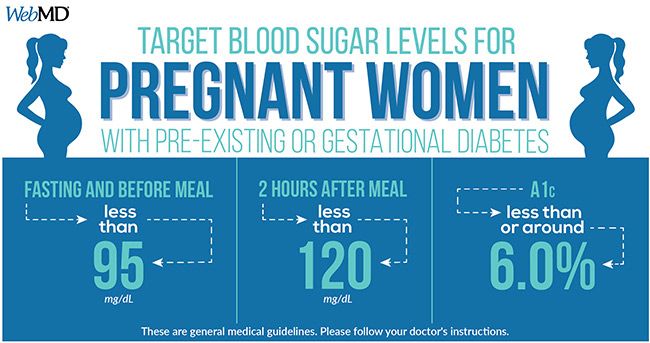 For the 3 less strict fasting days, pregnant and breastfeeding women are exempt from fasting.
For the 3 less strict fasting days, pregnant and breastfeeding women are exempt from fasting.
On the 2 more stringent fast days (Yom Kippur and Tisha Ba’av), observant pregnant and breastfeeding women who are otherwise healthy can consider fasting.
You should talk to your doctor or midwife before you fast. There are many religiously-observant GPs (general practitioners) in Australia who can explain any risks associated with fasting – while being sensitive to your religious or spiritual needs.
How do I fast safely while pregnant or breastfeeding?
If you are pregnant and intend to fast, it’s best to plan ahead.
During Ramadan, in the hours where it is permissible to eat – or throughout the day before the Jewish Yom Kippur fast – drink plenty of water to stay hydrated throughout the fast. This is especially important if Ramadan falls during the summer when the fast is longer and the weather is hotter.
Christians can still drink during their fasting days, so water, juice, tea and coffee is allowed.
Throughout pregnancy and breastfeeding it is important to eat nutritious food as part of a well-balanced diet, especially before and after a fast.
When should I consider
not fasting?It is not recommended to fast for Ramadan if you are pregnant in your second or third trimester.
While fasting on Yom Kippur is required by Jewish law even while pregnant or breastfeeding, a woman who goes into labour on Yom Kippur should not continue her fast. A woman who has given birth up to 3 days before Yom Kippur should also not fast.
During Lent, pregnant and breastfeeding women are exempt, so unless you choose to fast, you don’t have to.
Can fasting harm my baby?
While research on the effects of fasting on pregnancy is limited, studies have shown that fasting during pregnancy does not affect the baby’s birth weight or increase the chance of a preterm birth.
Does fasting affect breastfeeding?
If you are breastfeeding and planning to fast, drink extra fluids in the days leading up to, and during, the fast – if possible. Try to minimise physical activities and exposure to heat as much as possible while fasting.
Try to minimise physical activities and exposure to heat as much as possible while fasting.
Fasting while breastfeeding is not likely to cause any harm to your baby, and you can continue to breastfeed as usual on the day of the fast. It’s important to breastfeed as you usually would to keep your baby hydrated. You can check your baby’s hydration by monitoring their poos and wees and comparing it to a usual day. If you are concerned about your baby’s hydration, speak to a healthcare professional.
You may find that for the next day or so after the fast, your baby may seem hungrier and want to feed more often. This is normal and you will settle back in to your usual feeding routine in a few days.
Every woman is different, and the decision to fast while pregnant or breastfeeding is an individual one.
If you are concerned about your ability to fast while pregnant or breastfeeding, seek advice from a trusted healthcare professional (such as your doctor, midwife or lactation professional).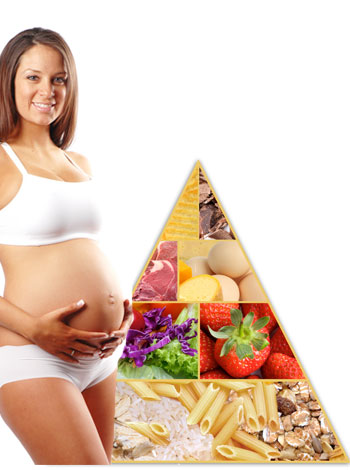
You can also seek advice from your religious authority. Consider speaking to a doctor who shares your religious heritage.
Muslim women with questions on Islamic law can visit Muslim Women Australia. You can also contact the United Muslims Australia Religious and Advice Support service.
For advice on Jewish observance, pregnancy, breastfeeding and fasting, visit Nishmat, an internationally-recognised institute for women’s health and Jewish law, run by women.
Catholics can contact the Catholic Church in Australia if you have any questions about Lent.
Learn more here about the development and quality assurance of healthdirect content.
Is Intermittent Fasting While Pregnant Safe and Healthy?
During pregnancy, your body will grow and change — as you probably well know, if you’re expecting. These changes will become even more fast and furious as you get closer to your delivery date.
For some, these changes can be a little disconcerting. But if you’re worried you’re gaining too much weight, it’s important to know that there’s a wide range of what’s considered healthy.
If you’re still concerned, you may wonder if intermittent fasting (IF) can help you manage your weight and other health concerns during pregnancy. Or maybe you’ve already been practicing intermittent fasting and want to know if you can continue for the next 9 months.
What should you do? Well, before you make any changes to your eating habits, it’s a good idea to call your doctor to go over the pros and cons. In the meantime, here’s the 411 when it comes to IF and pregnancy.
What you need to knowIntermittent fasting is not recommended during pregnancy.
Related: Weight before pregnancy is a bigger health factor than weight gain during pregnancy
People who engage in intermittent fasting eat the bulk of their calories within a certain period of time. There are several approaches to this way of eating.
For example:
- Some people eat daily, choosing a specific window in which to eat. In the 16:8 method, you might choose to eat between the hours 12 p.
 m. and 8 p.m. each day — meaning you’re eating in an 8-hour window. The other 16 hours out of the day are considered fasting.
m. and 8 p.m. each day — meaning you’re eating in an 8-hour window. The other 16 hours out of the day are considered fasting. - Alternatively, people may choose to eat normally some days of the week, say 5 days, and fast (or eat a couple low-calorie meals) on the other 2, like in the5:2 method.
There’s a good amount of research surrounding intermittent fasting and how it puts the body into a fat-burning state called ketosis. Beyond that, fasting regularly may help:
- reduce inflammation in the body
- decrease blood sugar and blood pressure
- lower cholesterol levels
And other research suggests that fasting may lower risk factors for things like diabetes, cardiovascular disease, and some cancers.
Weight loss is a big focus of research on IF, and fasting is believed to help with shedding weight because it shifts the body to running on fat stores. It may also help reduce overall caloric intake.
In one small 2007 study, participants lost a whopping 8 percent of their body weight in just 8 weeks following alternate day fasting.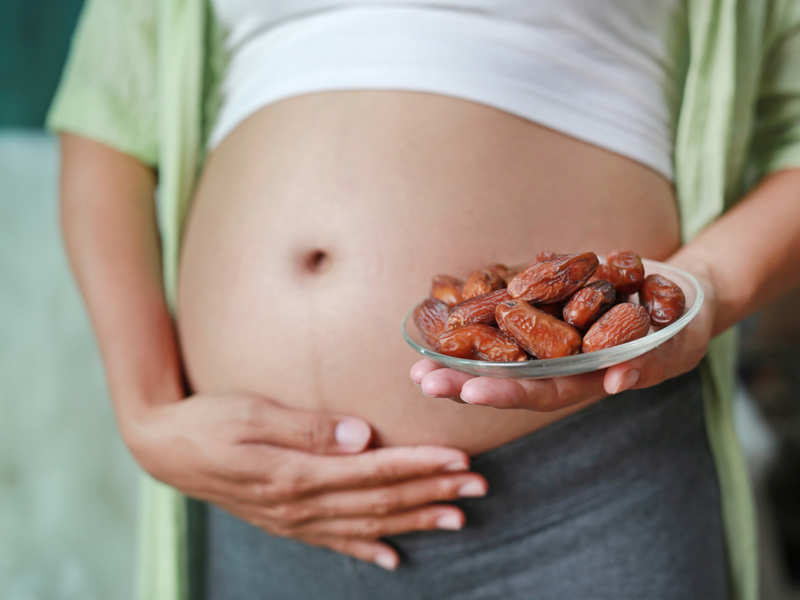 This means they ate normally every other day and consumed just 20 percent of their normal calories on the “off” days.
This means they ate normally every other day and consumed just 20 percent of their normal calories on the “off” days.
Related: 10 health benefits of intermittent fasting
Always speak to your doctor before making any significant changes to your diet and exercise habits.
Intermittent fasting is generally not recommended to women during pregnancy.
There isn’t a whole lot of research to provide informed recommendations on whether there are positive or negative effects on the pregnancy. There are no studies that looked at intermittent fasting over the entire pregnancy.
Many of the studies you’ll find on pregnant women and fasting revolve around the Muslim holiday of Ramadan, which is about 30 days. During this lunar month, people fast from sun up to sun down. While pregnant and breastfeeding women are technically exempt from the practice, some still carry on with fasting.
- An older 1996 report noted a study on Gambian women suggests that those who fasted during Ramadan did experience big changes in their glucose, insulin, and triglyceride levels, as well as in other health markers.
 The weight of their babies at birth, however, was comparable to the babies of women who didn’t fast. Still, the researchers explain that fasting during pregnancy may have health implications that appear later in life and should, therefore, be avoided.
The weight of their babies at birth, however, was comparable to the babies of women who didn’t fast. Still, the researchers explain that fasting during pregnancy may have health implications that appear later in life and should, therefore, be avoided. - A more recent study echoes these results and showed that fasting for Ramadan didn’t impact birth weights of babies. Beyond that, there was no association with fasting and preterm delivery. Just as in the previous study, though, the researchers conclude that more study is needed on fasting and its potential adverse health effects.
One thing we know is that pregnancy is a time when you need to focus on:
- helping your baby gain weight
- providing nutrition to help with brain and body development
- developing maternal fat stores if you plan to breastfeed
Dramatically changing eating habits may lead to nutritional deficiencies and other health issues for both you and baby. Fasting may also alter hormone levels.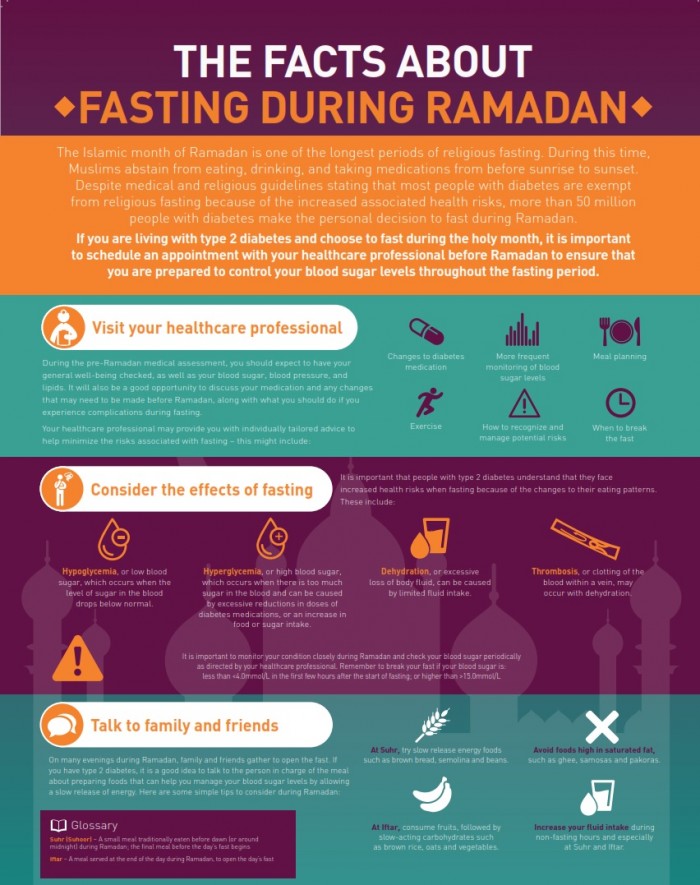
Notably, studies that look at IF and pregnancy deal primarily with birth weight. There are so many other possible outcomes that haven’t been studied — such as risk of pregnancy loss and later effects on children whose mothers did IF, for example.
Above all, the way fasting affects your body and pregnancy is unpredictable and likely different from how it may affect somebody else. For this reason, the American College of Obstetricians and Gynecologists recommends that you work with your healthcare provider to develop an individual plan for weight gain based on your body mass index (BMI) and overall health.
For women with BMIs in the 18.5 to 24.9 range, this typically means gaining between 25 and 35 pounds eating a balanced diet of whole foods and drinking plenty of water. Those with more weight may need to control gain under the guidance of a doctor with careful monitoring of their baby’s growth.
What if I practiced IF before pregnancy?
We may sound like a bit of a broken record, but speak with your doctor — even if you’re already in a fasting groove that works for you.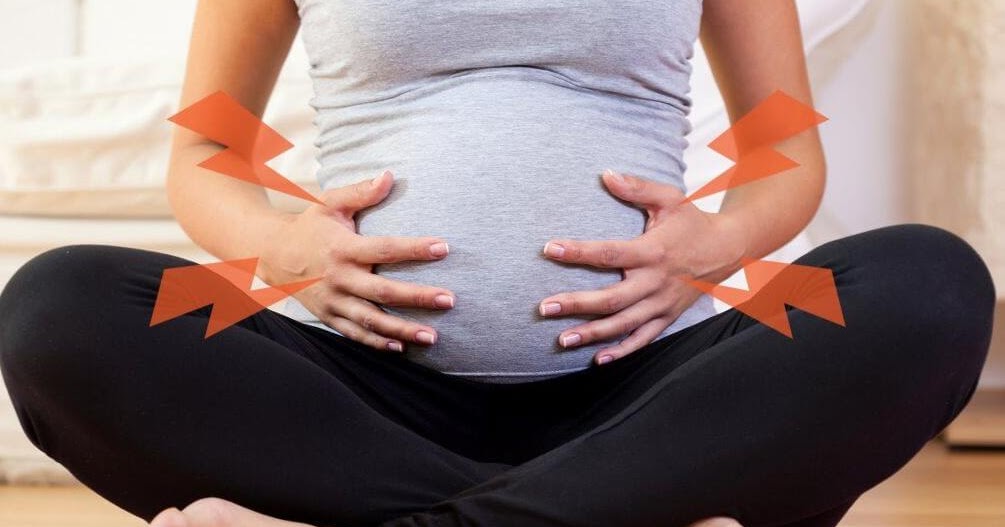 It may be OK for you to continue fasting, just not quite as intensely as you might be used to.
It may be OK for you to continue fasting, just not quite as intensely as you might be used to.
Be sure to tell your doctor your entire history with intermittent fasting, as well as your goals with continuing it during pregnancy.
Related: The third trimester: Weight gain and other changes
While the long-term implications aren’t totally clear, researchers did examine women fasting for Ramadan and how it affected things like fetal breathing. When women had low glucose levels from fasting, it took them a “significantly” longer amount of time to detect fetal movements.
Low frequency of fetal movements is generally considered a warning sign you need to take seriously, especially as you get closer to your delivery date. Your baby should make around 10 movements within 1 to 2 hours — and you should usually be able to feel 10 movements within just half an hour.
With restricting eating to certain windows or days, it may also be difficult to get the right amount of nutrition in when you are eating.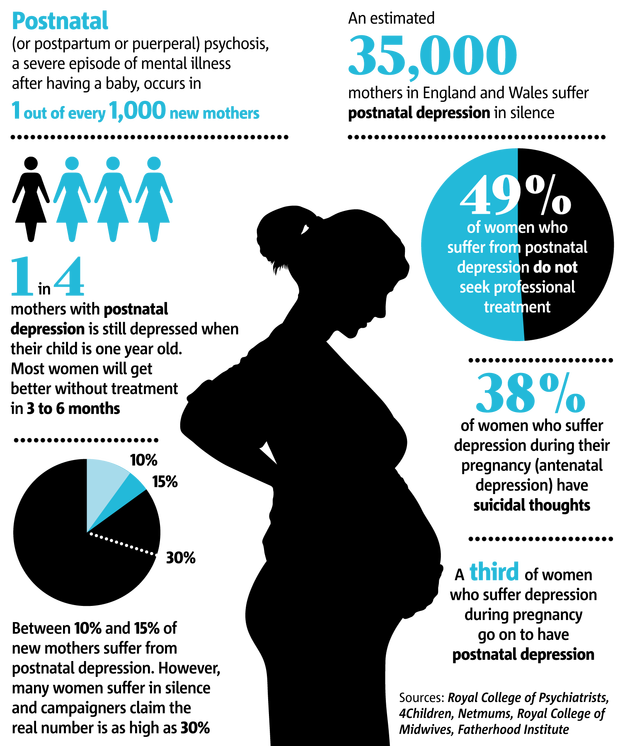 This is made even more difficult because your baby is pulling from your nutrition stores as well.
This is made even more difficult because your baby is pulling from your nutrition stores as well.
Issues like iron deficiency anemia are already more common in pregnant women. And when a baby doesn’t get enough iron — particularly in the third trimester — they may be at higher risk of developing anemia before their first birthday. This is scary stuff, but fortunately, getting good nutrition makes these risks go way down.
Related: Health risks associated with pregnancy
To keep weight gain steady but healthy, most women should aim to consume 300 extra calories each day. That’s a little extra — like a glass of skim milk and half a sandwich — but certainly not the “eating for two” you may have heard before you got pregnant.
Exercise is another part of the equation. You may feel cruddy — especially in the first trimester — but moving your body may even lower your risk of gestational diabetes, help shorten your labor, and reduce your cesarean delivery risk.
If you’ve exercised before pregnancy — great! Ask your doctor if you need to modify your routine and keep going. If you’re new to workouts, focus on getting around 30 minutes each day of moderate activity, like walking, swimming, or cycling on a stationary bike.
If you’re new to workouts, focus on getting around 30 minutes each day of moderate activity, like walking, swimming, or cycling on a stationary bike.
Related: Maintaining a healthy pregnancy
Now, for some pretty cool news. Studies show there’s a “mutually beneficial” link between diet and fertility.
Intermittent fasting may have some power when it comes to fertility in women with polycystic ovary syndrome (PCOS). In one recent study, women with obesity and PCOS who fasted regularly saw an increase in their levels of luteinizing hormone, which is responsible for aiding in ovulation.
Other information suggests that weight loss of 5 to 10 percent may help with reproduction. Since intermittent fasting may help in this area, as well as with insulin resistance and other health issues, it’s possible that fasting may “enhance” overall fertility and health of the reproductive system.
Related: A look at your fertility timeline
It’s probably not a good idea to delve into fasting during pregnancy — especially if you’ve never tried it before.
The good news is that pregnancy doesn’t last forever, and you can definitely try this method of eating to lose weight after you deliver. (But again, check with your doctor — who just might be your BFF by now — if you’re breastfeeding.)
And if you’re feeling overwhelmed, do ask for help. Your healthcare provider will track your weight at each of your prenatal appointments. Talk about your concerns about gaining too much to see if they have suggestions to help you scale back — if needed — in a way that keeps both you and baby healthy and on target.
Diet in early pregnancy slows down fetal development
Diet in early pregnancy slows down fetal development - Gazeta.RuBlinken confirmed NATO's plans to invest in the production of Soviet... 11/30/2022, 11:57 PM
Argentina confidently defeated Poland to win Group C at the 2022 World Cup 11/30/2022, 11:55 PM
Bill Clinton announced that he had contracted the coronavirus 11/30/2022, 11:54 PM
Plus-size model Ashley Graham showed hair growth after baldness 30.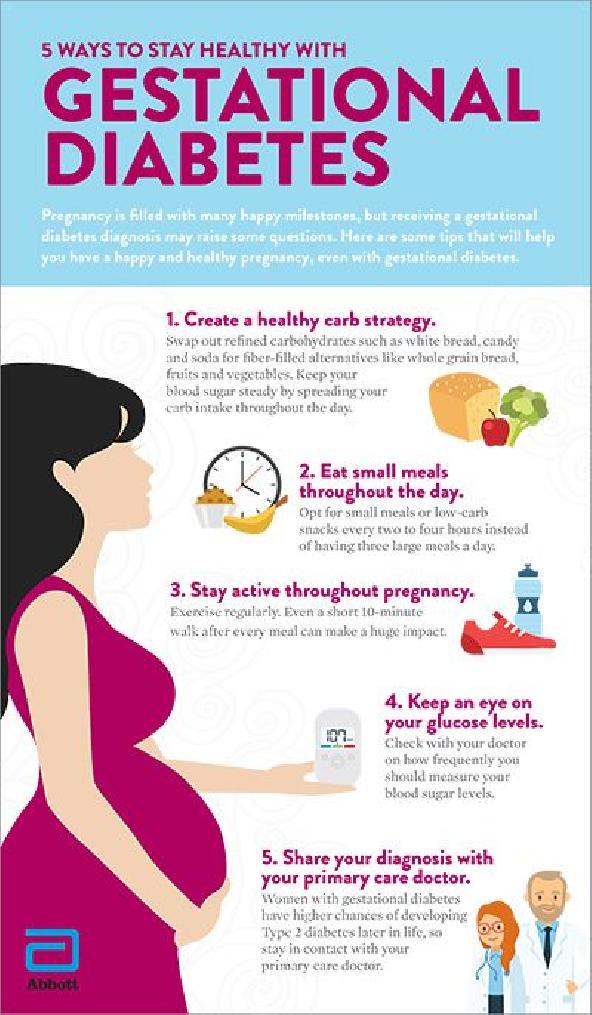 11.2022, 23:53
11.2022, 23:53
Candidate for the post of US Ambassador to Moscow supported the tightening of sanctions... 11/30/2022, 11:48 PM
46-year-old Reese Witherspoon in a black dress with a plunging neckline came... 11/30/2022, 11:47 PM
CPVS: Turkey has not been participating in the joint... 11/30/2022, 11:43 PM
Fleetwood Mac soloist Christine has passed away at the age of 79... 11/30/2022, 23:40
U.S. Diplomat Tracy: Dialogue on New START Possible with Permission... 30.11.2022, 23:35
Emily Ratajkowski spoke about a sharp weight loss of up to 45 kilograms 11/30/2022, 11:33 PM
Science
Malnutrition during pregnancy can slow down the development of fetal organs, particularly the brain. This, in turn, can have long-term consequences, such as lowering the IQ of the offspring, as well as the emergence of a predisposition to behavioral problems.
Smokers give birth to bandits
Women who smoke during pregnancy are more likely to have children with criminal tendencies...
January 22 18:44
Modern ladies who prefer to keep a good shape, that is, thinness, even during pregnancy (the most famous of them without five minutes is the mother of four children, Victoria Beckham), thus harming their unborn children, a study by American scientists has shown. The brain of the fetus, as it turned out, is sensitive to even a moderate lack of nutrition of the mother's body.
Thus, a diet in early pregnancy slows down the development of the brain in the fetus.
At least this is how the processes proceeded during the pregnancy of model organisms of primates - baboon monkeys, an article about the study of which physicians published in Proceedings of the National Academy of Sciences .
Forced childbearing
Male domestic violence almost always coexists with forced conception of a child against the will of a woman. ..
..
January 25 11:34
Scientists observed pregnancy in two groups of female primates at a special nursery in San Antonio, Texas. One group of “ladies” was allowed to satisfy their appetite in the first trimester of pregnancy according to their needs, and the second group sat on a moderate diet: their diet was reduced by 30% - about how expectant mothers in the United States lose weight.
It turned out that maternal nutrition affects the fetus both at the cellular and molecular levels.
Diet results in dysregulation of hundreds of genes, many of which play a key role in regulating cell growth and development.
Thus, maternal nutrition is absolutely essential for the development of the fetus, as it regulates the basic foundations of cellular mechanisms.
If you want a boy, eat
Now we know what boys are made of. For the birth of a boy to women before conception ...
12 May 10:31
The dangers of a sharp lack of nutrition (hunger) for the development of the fetal brain have been known for a long time, but the new work is the first scientifically substantiated confirmation that even a moderate diet does not go unnoticed for the development of the fetus.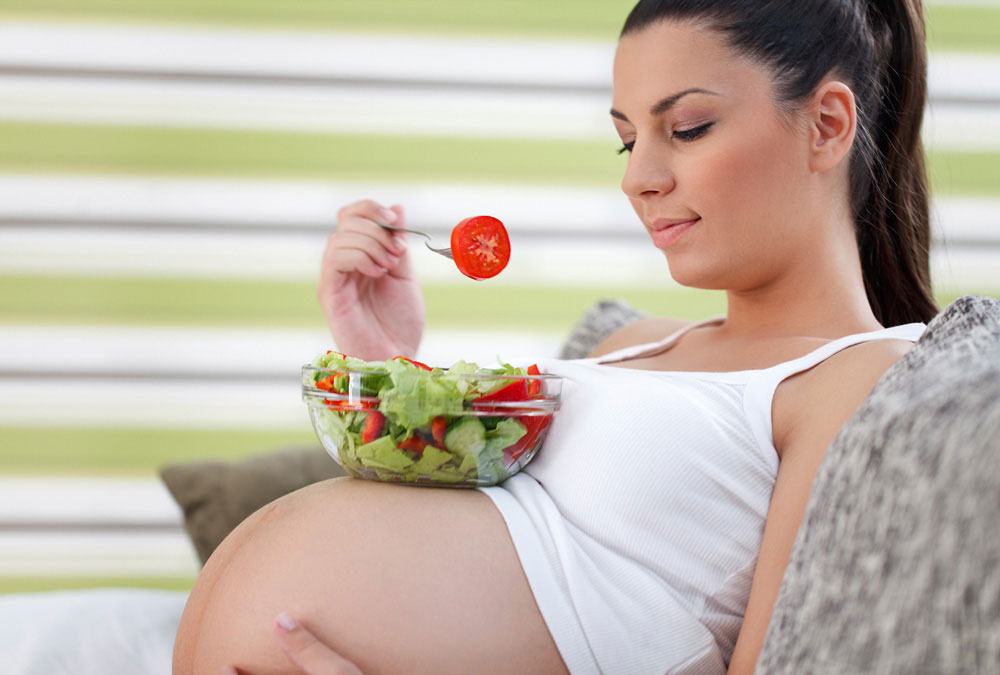
Partially similar to diets and malnutrition are teen pregnancies: in their case, the fetus receives insufficient nutrition, as the still growing mother's body needs it. In late pregnancies, the fetus also suffers from malnutrition, but for other reasons: the maternal arteries become harder, and this disrupts the blood supply to the uterus, inevitably disrupting the fetal diet. A similar effect occurs with preeclampsia (late toxicosis of pregnant women) - here the fetus is “malnourished” due to dysfunction of the placenta.
"Starving fetus" lags behind in the formation of intercellular connections, cell division and the volume of growth factors - hormones that stimulate growth.
Lose weight to get pregnant
Extra pounds seriously reduce a woman's chances of getting pregnant. The more extra...
September 22 14:36
It is in the first half of pregnancy that nerve cells are formed - the neurons of the brain, as well as all the auxiliary brain cells necessary for their work.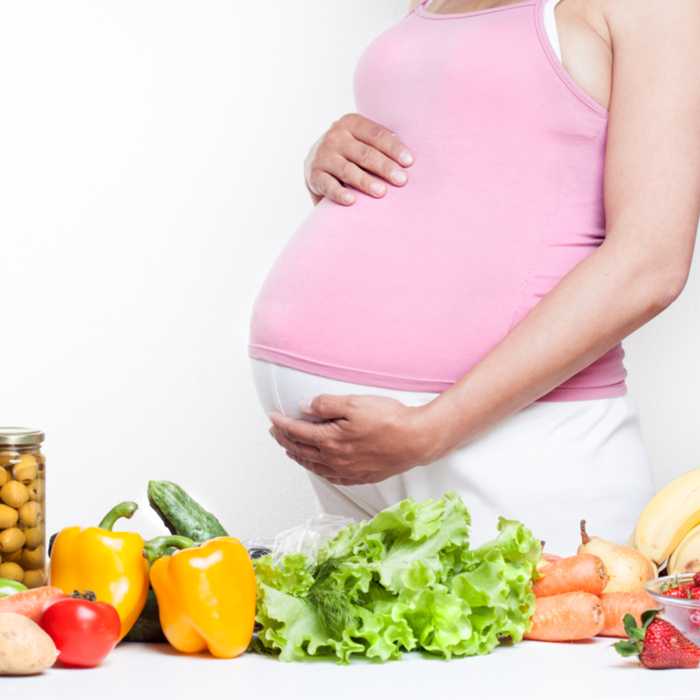 Malnutrition during this period affects directly this process.
Malnutrition during this period affects directly this process.
“Our study is further evidence of the importance of good maternal nutrition and health. Malnutrition during pregnancy can slow the development of fetal organs (we see this in the brain), and this, in turn, can have long-term consequences - a decrease in the IQ of the offspring, as well as a predisposition to behavioral problems, ”says Dr. Thomas McDonald, who led work.
Scientists urge mothers to eat well and be aware of the dangers of malnutrition for their unborn children. They emphasize that the study is quite reliable, since model primates provide a very high-quality imitation of processes in the human body.
Much of this research has previously been done in rats.
Subscribe to Gazeta.Ru in News, Zen and Telegram.
To report a bug, select the text and press Ctrl+Enter
News
Zen
Telegram
Picture of the day
The Pentagon confirmed the elimination of the leader of the IS * in Syria by the Syrian opposition
An explosion occurred at the Ukrainian Embassy in Madrid.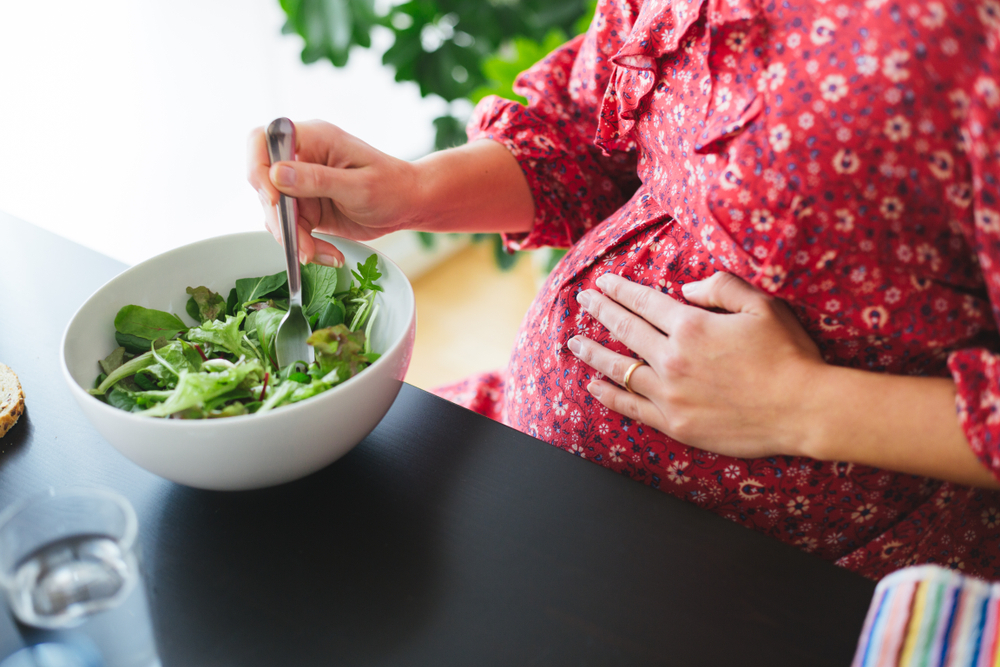 What is known
What is known
In Spain, the explosion at the Ukrainian embassy is considered a terrorist act
"Sent thousands to fight." London imposed sanctions against the organizers of the mobilization in the Russian Federation
The British Foreign Office imposed sanctions against 22 Russian citizens, including Manturov and Pamfilova
Candidate for the post of US Ambassador to Moscow supported the tightening of sanctions against Russia
FT: EU threatens to ban Twitter if content moderation rules are not followed
The authorities of the Vyborgsky district denied rumors about the purchase of the sculpture "Ball" on Aliexpress
"Strana.ua": Kyiv residents protest due to blackouts
News and materials
Mexico beat Saudi Arabia but failed to qualify for the 2022 World Cup play-offs
Blinken confirmed NATO's plans to invest in the production of Soviet ammunition to help Ukraine
Argentina confidently defeated Poland and won group C at the 2022 World Cup
Bill Clinton announced that he had contracted the coronavirus
Plus-size model Ashley Graham showed hair growth after baldness
46-year-old Reese Witherspoon in a black dress with a deep neckline came to the movie premiere
TsPVS: Turkey has not been participating in joint patrols in Syria for the last 2 weeks
Fleetwood Mac lead singer Christine McVie dies at age 79
US Diplomat Tracy: Dialogue on New START is Possible with Russia's Permission to Resume Inspections
Emily Ratajkowski spoke about a sharp weight loss of up to 45 kilograms
48-year-old Victoria Beckham delighted fans with a figure in tight overalls
Football player Ben White left the England team for personal reasons
Balance: in Kherson, the SBU is looking for those who helped hold the referendum
In Russia, from March 1, 2023, the procedure for monitoring psychiatrists for people with disorders will change
The Italian authorities may take the Lukoil refinery under special management
Artemy Lebedev praised Kudrin's transition to Yandex with the phrase "pension for a good person"
Messi missed a penalty against Poland at the 2022 World Cup
South Korean contestant voted the most beautiful woman on the planet
All news
Will the Israeli "Iron Dome" help Kyiv? If it covers Ukraine
Will Western countries supply Patriot, Iron Dome systems and fighter jets to Ukraine
"Driver in poor condition." Two trams collided in Novosibirsk, 15 people were injured
Passengers of one of the trams collided in Novosibirsk told about the accident
“The country was simply broken. Over the knee”
How the Arab Spring destroyed the Lebanese economy
Parents of disabled children will be given 24 additional days off
The Federation Council approved the law on the right of parents of disabled children to take 24 additional days off
Sensation from TikTok, stories about people from Narine Abgaryan and retelling "Beauty and the Beast": book novelties November
New books in November.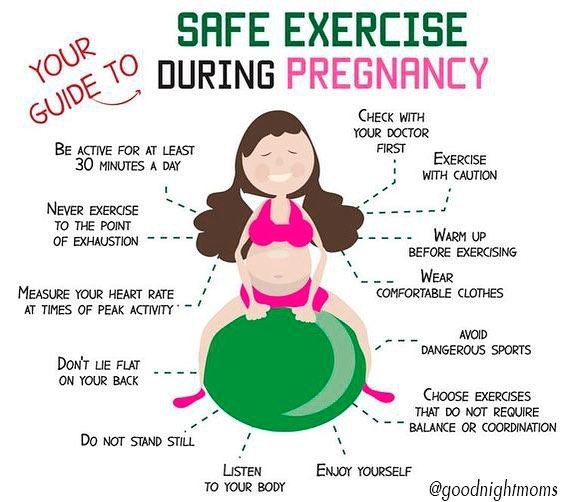 We tell you what to pay attention to
We tell you what to pay attention to
Damage of €11.6 billion German Uniper sues Gazprom
Gazprom called German Uniper's claims for damages "illegal"
Salmon, Syrnik and Henry Kissinger: who lives at the home of the editorial staff of Gazeta.Ru
The head of the Foreign Intelligence Service, Naryshkin, reiterated that Poland is preparing to annex the lands of Ukraine
He talked about it back in April
Why did Romania ask Ukraine to recognize that the Moldovan language does not exist
The Romanian Foreign Minister called on Kyiv to recognize the Moldovan language as non-existent
Money in your pocket, eviction from the slums, good rebuilding. Putin discussed with the government the income of Russians
Putin discussed with the government the income of Russians
Putin instructed to index the salaries of state employees in 2023
Shoigu told how 300,000 reservists were trained in two months 30.11.2022, 16:13
Worked at Stalin's factory, sang "Moscow Nights", wrote poems for Castro. Jiang Zemin dies
Former Chinese President Jiang Zemin dies at the age of 97
"Russia must pay." The European Commission announced the death of 100 thousand Ukrainian soldiers0003
The EC removed a fragment about the death of 100,000 Ukrainian soldiers from von der Leyen's speech
Maria Degtereva
Postmodernism is over
About new trends in Russian culture
Yuliya Melamed
To deceive genetics
About national peculiarities of genetic testing and historical memory
Georgy Bovt
Almost like in a movie
About the fact that the methods and customs of diplomacy during the Tehran Conference can no longer be returned
Yakov Peer
Russian-style hamburger
About the new Russian fast food
Vladimir Tregubov
Who are you, Mr. Mask?
About the Tesla creator's business path
-->
See also
Error found?
Close
Thank you for your message, we will fix it soon.
Continue reading
If a pregnant woman is starving, this can lead to obesity in the child
May 18, 2021
If a pregnant woman is starving, this can lead to obesity in the child
Fasting during pregnancy leads to obesity in the child in the future and the development of diabetes in him. These are the results of a study conducted by professors from the School of Public Health. Mailman Columbia University.
Such a study was prompted by the analysis of medical records in Holland in 1944-1945. Pregnant women were starving during this period. Historical documents show that famine gripped the major cities of the western Netherlands. This period of hunger was limited to the last months of the war between November 1944 and the surrender of German troops to the Allies in May 1945.
Researchers began to analyze the height, weight of 371,100 men in the Netherlands who were born to starving mothers between 1943 and 1947, and admitted to military service at the age of 19.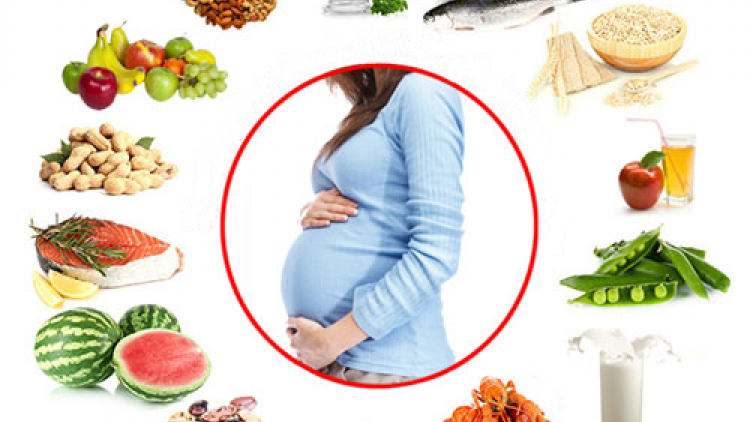 It turned out that overweight or prone to it were those men whose mothers, being pregnant, were starving at the beginning of pregnancy, and not in the middle and not at the end. It turns out that the first months of pregnancy are the most sensitive.
It turned out that overweight or prone to it were those men whose mothers, being pregnant, were starving at the beginning of pregnancy, and not in the middle and not at the end. It turns out that the first months of pregnancy are the most sensitive.
The mechanism by which hunger during pregnancy affects the risk of overweight in a child is not known. Scientists suggest that under the influence of chronic malnutrition, DNA changes occur. That is, the body of the fetus adapts to survive by consuming fewer calories. As a result, when a child is born, he grows and eats normally, but gets fat because he has a slow metabolism. Obesity, in turn, leads to the development of diabetes.
Overeating during pregnancy is also dangerous for the woman and her baby. This is what psychologist Marina Osipenko says. At a minimum, this is a violation of the digestive tract and dehydration, pressure surges and varicose veins.
pregnancy fasting Healthy eating
November 29, 2022
Irina Styurova
A young mother with two children - 5 and 2 years old, left the Nazi shelling in the Kherson region - in the Tuapse district.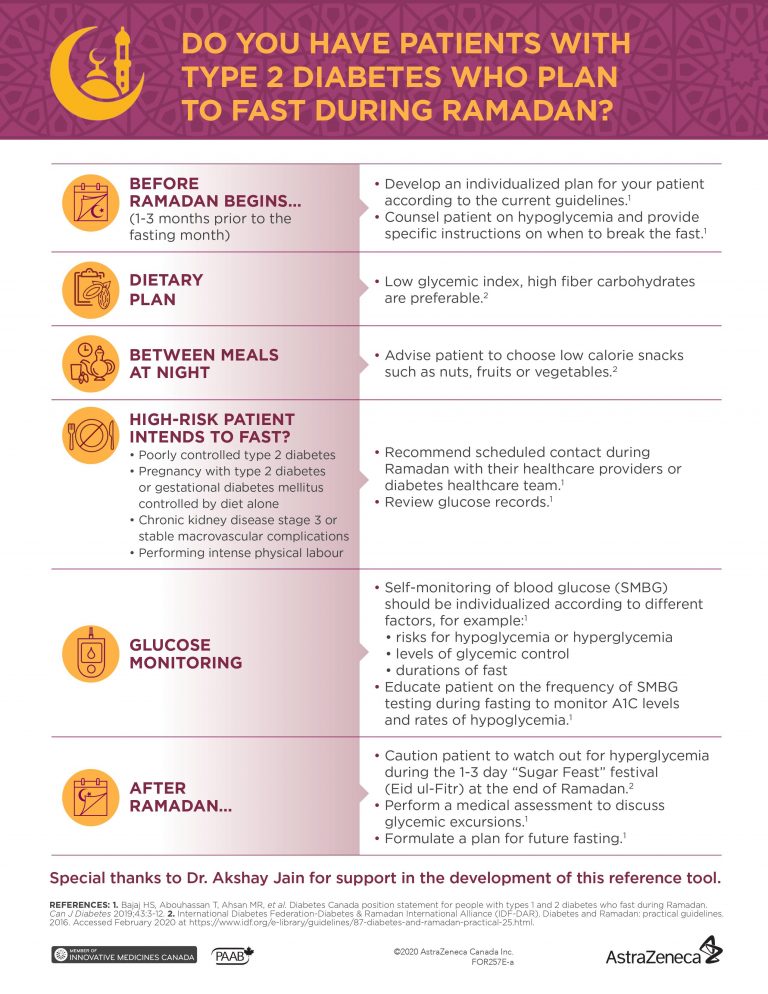
Photo: Anna Burlakova, "Tuapse Vesti"
She says explosions were frequent and fragments fell. All people fled at such a moment to the fields. And there, sometimes, everything was on fire. Scary.
Parents left. They supported the daughter in the decision to take the grandchildren and leave. Because the children were very afraid of explosions.
Read more
Oksana Smelaya
She can weave a track in a day, although she has been in the craft for a little over two years. And all because weaving, she believes, is inherent in every woman at the level of genetic memory.
Photo: Anna Burlakova, "Tuapse News"
Standing at the loom, a person turns to his ancestors, talks to himself, heals and gains strength. We learned how this happens when we visited the village of Shahumyan, where the school psychologist Siranush Mironova teaches children how art helps to cope with any difficulties.
